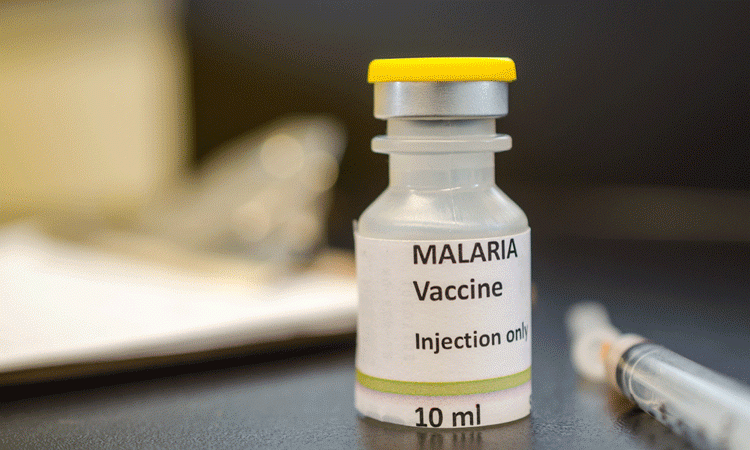
A microbiologist from the University of Ilorin, Tajudeen Amuda, has advised the government and other stakeholders to develop local and cost-effective malaria vaccines.
In a statement made available to our correspondent, Amuda noted that the complexity in the life cycle of the malaria parasite had made it difficult for researchers to have an in-depth understanding of how the human immune system responded to malaria infections.
Amuda highlighted some of the potent ways to end malaria infection in Nigeria to include “development of an accurate point-of-care diagnostic method for the detection of malaria cases; mobilization of genomic tools for adequate sequencing and proper monitoring of identified resistant strains, as well as developing local and cost-effective vaccines”.
He added that a multidisciplinary approach would be needed to put an end to the scourge of malaria infection in Nigeria.
“However, this problem is more compounded in Nigeria due to the lack of required financial resources and the absence of a well-equipped research lab to conduct the multidisciplinary research needed to produce an active vaccine,” he said.
According to the microbiologist, several measures have been adopted in curtailing the widespread of Malaria in Nigeria such as the use of durable insecticide-treated nets, indoor residual spraying, the use of anti-malaria drugs such as Artemisinin-Based Combination Therapies.
Amuda, noted that these measures had their limitations, especially considering the ever-increasing mutation of the malaria parasite.
Meanwhile, a health insurance service provider, Hygeia HMO, has urged Nigerians to use everything at their disposal to end the scourge of malaria in the country.
The firm, in its World Malaria Day statement, urged Nigerians to avoid mosquitoes, saying this would help in the fight against malaria infection.
The firm’s Head of Sales, Dr Babajide Oyeduntan, stated, “We believe that with the right tools, malaria can be made a thing of the past in Nigeria; and while we work towards this, we can, for now, use materials at our disposal to avoid mosquitoes and malaria.
“According to the World Health Organisation, in 2020 alone, 241 million new cases of malaria were recorded globally.
“More than half of the 627,000 deaths recorded in 85 countries were in under-five children in sub-Saharan Africa.
“In fact, 31.9 per cent of malaria related deaths are from Nigeria.”
“Pandemics may come and go but Malaria has remained endemic and the deadliest infection for decades.
“It is because of this that the foremost health insurance company in Nigeria, Hygeia HMO, has looked inward and come out to contribute its efforts in the fight against the Malaria endemic.”
“Our whole business is hinged on providing quality healthcare to Nigerians, including people in the grassroots, as well as providing education on ways to stay ahead of medical emergencies – including Malaria.
“This is why we have decided to share Malaria relief materials with the good people of Makoko Community, Lagos,” Yusuff stated.
World Malaria Day is marked annually on April 25, with the aim of sensitising people to the dangers posed by the malaria parasite and preventive ways to cushion its growing adverse effects on the populace.
Copyright PUNCH.
All rights reserved. This material, and other digital content on this website, may not be reproduced, published, broadcast, rewritten or redistributed in whole or in part without prior express written permission from PUNCH.
Contact: [email protected]





